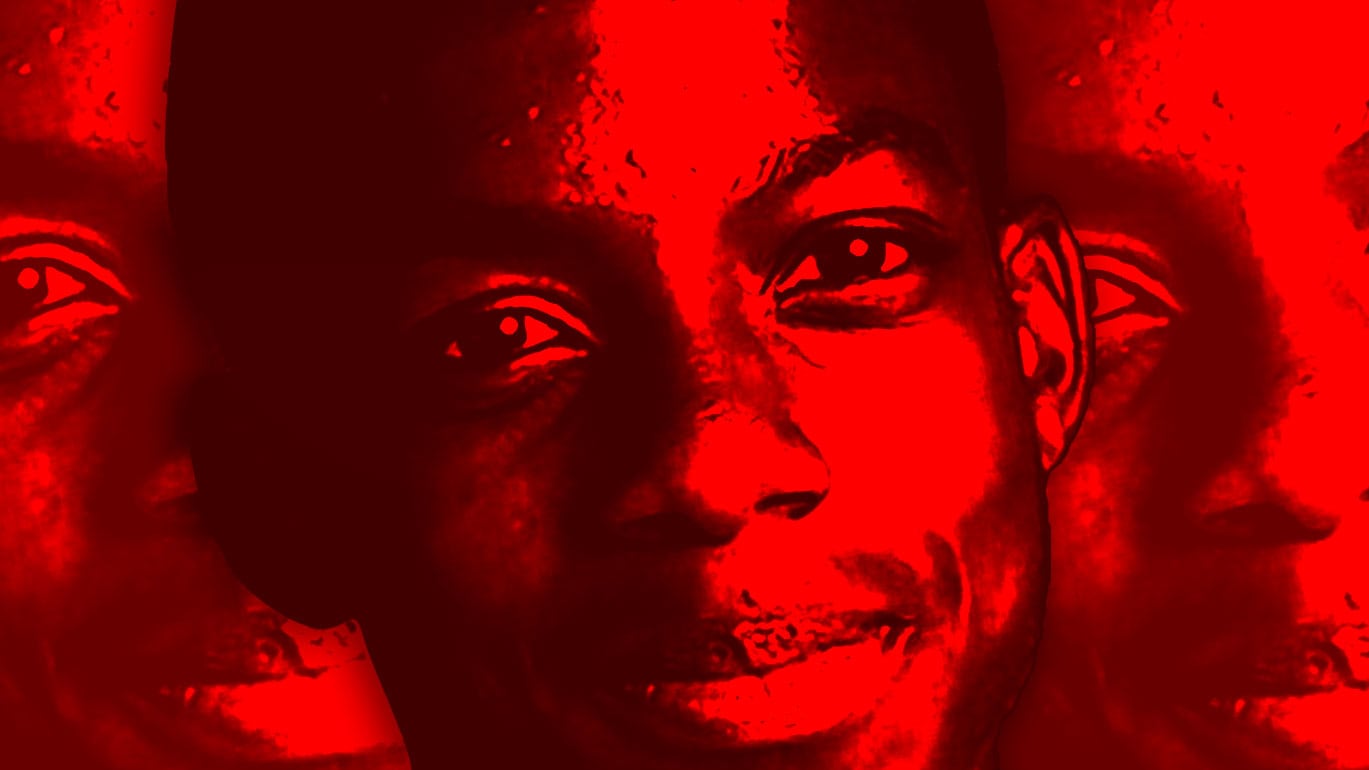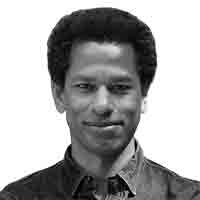U.S. News
Photo Illustration by Elizabeth Brockway/The Daily Beast
The Unrecognized Terrorism of Police Shootings
BLACK & BLUE
Taken altogether, these are killings that have the impact of terrorism—this is violence against civilians that sends a message to others.
opinion

Trending Now





